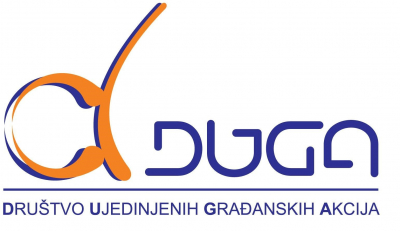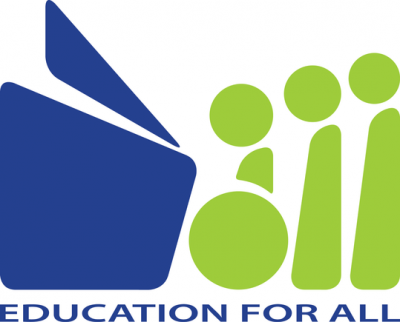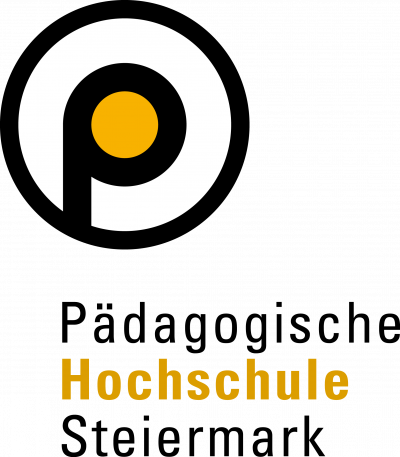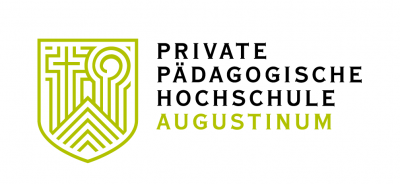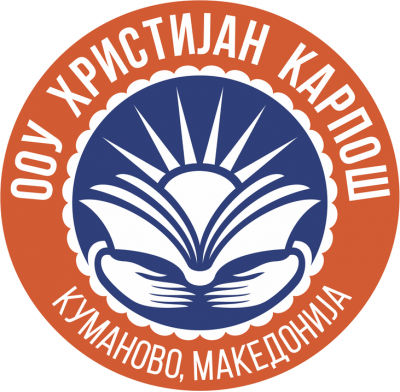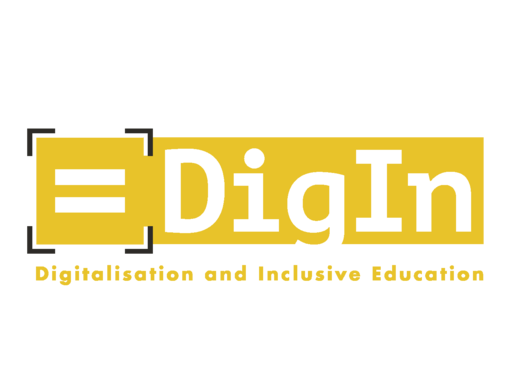


Digitalization and Inclusive Education
University College of Teacher Education Styria
DigIn-Team
O tečaju
Opći podaci o tečaju
#LetsDigIn #Erasmusplus #inclusiveeducation
This MOOC was initiated within the Erasmus+ project "DigIn," coordinated by experts from the field of "digitalization" and "inclusion." It is aimed at teachers in primary and secondary education (grades 1-9), school assistants, guardians, and all others interested in inclusive education in the digital age.
Keeping in mind that digitalization and inclusive education offer both opportunities and challenges for various educational systems – for their personnel, teaching methods, and school development – this MOOC aims to initiate change processes in everyday school life.
In five modules, the MOOC provides insight into various topics, including universal design for learning and accessibility, usability, and assistive technologies. Furthermore, it provides teaching examples for how to use digital tools in the classroom, shows how to organize cooperative learning opportunities, and gives ideas for digital-inclusive instructional development.
This MOOC aims to strengthen teachers’ skills along with those of anyone interested in the field of digital inclusive education. We want to prepare them to teach students with disabilities in the digital age.
Why do we use the term "students with disabilities"? We follow the definition set out by the UN Convention on the Rights of Persons with Disabilities: “Persons with disabilities include those who have long-term physical, mental, intellectual or sensory impairments which in interaction with various barriers may hinder their full and effective participation in society on an equal basis with others.”
Sadržaj
Sadržaj tečaja
This MOOC aims to strengthen the competences of teachers and all those interested in the field of digital inclusive education in order to enable students with disabilities to participate in media-based education. The content is based on the "European Framework for Digital Competence for Educators" of the European Union (DigiCompEdu), specifically on the competence area five "Empowering Learners." This area focuses on three distinct aspects of educators’ professional activities:
- Accessibility and inclusion: To ensure accessibility to learning resources and activities, for all learners, including those with special needs. To consider and respond to learners’ (digital) expectations, abilities, uses and misconceptions, as well as contextual, physical, or cognitive constraints to their use of digital technologies.
- Differentiation and personalization: To use digital technologies to address learners’ diverse learning needs, by allowing learners to advance at different levels and speeds, and to follow individual learning pathways and objectives.
- Actively engaging learners: To use digital technologies to foster learners’ active and creative engagement with a subject matter. To use digital technologies within pedagogic strategies that foster learners’ transversal skills, deep thinking, and creative expression. To open up learning to new, real-world contexts, which involve learners themselves in hands-on activities, scientific investigation, or complex problem solving, or in other ways increase learners’ active involvement in complex subject matters.
This MOOC is divided into the following modules:
- Module 1: Universal Design for Learning
- Module 2: Accessibility and Usability
- Module 3: Assistive Technologies
- Module 4: Digital Technology for Inclusive Education
- Module 5: Socially Embedded Learning (online)
Ciljevi tečaja
Nakon završetka ovog MOOK-a, učesnici:
- Razmatraju kontekstualna, fizička ili kognitivna ograničenja u korištenju medija.
- Razumiju važnost ravnopravnog pristupa odgovarajućim digitalnim tehnologijama i resursima.
- Mogu koristiti digitalne tehnologije i strategije (npr. pomoćne tehnologije) dizajnirane za učenike sa invaliditetom.
- Mogu razmotriti i odgovoriti na potencijalne probleme pristupačnosti prilikom odabira, modifikacije ili kreiranja digitalnih resursa.
- Razumiju principe dizajna za povećanje pristupačnosti resursima i digitalnim okruženjima koja se koriste u nastavi i mogu ih uspješno implementirati i primijeniti.
- Mogu kontinuirano pratiti i reflektirati o prikladnosti primijenjenih mjera za poboljšanje pristupačnosti u nastavi i prilagođavanje strategija u skladu s tim.
- Znaju kako koristiti digitalne tehnologije za vizualizaciju i objašnjenje novih koncepata na motivirajući i privlačan način.
- Znaju koristiti digitalne tehnologije kako bi omogućili učenicima da se aktivno bave predmetom, npr. koristeći različita čula. Na taj način stavljaju aktivnu upotrebu digitalnih tehnologija učenika u centar nastavnog procesa.
- Mogu odabrati odgovarajuće digitalne tehnologije za podsticanje aktivnog učenja u datom kontekstu učenja (npr. kooperativno učenje).
- Mogu reflektirati o tome koliko su prikladne različite digitalne tehnologije koje se koriste u povećanju aktivnog učenja učenika i prema tome prilagoditi strategije i izbore.
Predznanje
There are no pre-requisites for taking the course. Regarding technical requirements, you should be able to effectively use the most common internet applications. All videos are subtitled. In addition, there are readings in all project languages with the aim of written translation, description, or texts for accessibility.
Način provođenja tečaja
Depending on the individual pace of learning and the time availability, the course can be completed faster. After studying each unit (course, bibliography, videos), complete the quiz. In order to pass the quiz, it is necessary to score at least 75%. You can take the quiz a maximum of five times.
Certifikat
For actively
participating in the course you will receive an automatic certificate which includes your username, the course name as well as the completed lessons. We want to point out that this certificate merely confirms that the user answered at least 75% of
the self-assessment questions correctly.For actively participating in the course, you will receive an automatic certificate that includes your username, the course name, and the completed lessons. We want to point out that this certificate merely confirms that the user answered at least 75% of the self-assessment questions correctly.
Licenca
This work is licensed under CC BY-SA 4.0This work is licensed under a Creative Commons Attribution 4.0 International License.When using the materials, please indicate the components mentioned with the material: the title, author, and the CC BY SA 4.0 license with a link to https://creativecommons.org/licenses/by-sa/4.0/deed.de and whether you have modified the material.
Posjetite i web stranicu našeg projekta: Digitalizacija i inkluzivno obrazovanje (digin-education.at)
Na društvenim medijima
Voditelj tečaja
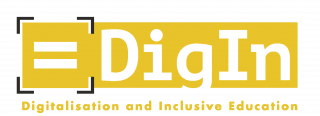
DigIn-Team
HS-Prof.in Edvina Bešić, PhD (DigIn Project Head; University College Professor of Inclusive Education and Inclusive Didactis, PH Steiermark; leadership team member at the Research Center for Inclusive Education - FZIB)
Prof.in Silvana Aureli, BEd (Institute for Digital Media Education, PH Steiermark)
Prof.in Mag.a Barbara Levc (Head of the Competence Center "Inklusiv Studieren", PH Steiermark)
Prof.in Silvia Kopp-Sixt, MA (Institute for Early Childhood and Primary School Education, PH Steiermark; extended leadership team member at the Research Center for Inclusive Education - FZIB)
Daniela Ender, MSc (Scientific Assistant at PPH Augustinum; staff member at the Research Center for Inclusive Education - FZIB)
Prof. David Wohlhart BEd (Retired Professor at PPH Augustinum; staff member at the Research Center for Inclusive Education - FZIB)
Prof.in Dr.in Martina Kalcher (Department of Educational Sciences with a focus on Inclusion, PPH Augustinum; leadership team member at the Research Center fo Inclusive Education - FZIB)Translation and adaptions for the relevant country context:
Italy:
Heidrun Demo, PhD (Associate Professor for Inclusive Education, UNIBZ)
Rosa Bellacicco, PhD (Researcher at the Competence Centre of School Inclusion, UNIBZ)
Anna Frizzarin, PhD (Scientific Assistant at the Competence Centre of School Inclusiont, UNIBZ)
Bosnia and Herzegovina:
Anka Izetbegović (President of the Association DUGA)
Alma Kudra, MA (Project worker at the Association DUGA)
North Macedonia:
Rozita Petrinska Labudovikj, MSc (President of the Association Zdruzhenie za unapreduvanje na obrazovanieto, kulturata i sportot OBRAZOVANIE ZA SITE Skopje)
Milica Timchevska, MA (Teacher at OOU “Hristijan Karposh”)
Prijavi i upiši Trenutačno: 430 Sudionici
Besplatno za sve € 0.00
Partneri
Zdruzhenie za unapreduvanje na
obrazovanieto, kulturata i sportot
OBRAZOVANIE ZA SITE Skopje
Non-governmental organisation/association
E10020059
Bul. Kocho Racin 14/6-2, 1000 Skopje, North Macedonia
represented by Rozita Petrinska
Labudovikj
OOU "Hristijan Karposh"
School/Institute/Educational
centre – General education (primary level)
E10173730
Radoje Dimik bb, 1300 Kumanovo, North Macedonia
represented by Miroljub Paunovikj;
Milica Timchevska
Association DUGA
Non-governmental
organisation/association
E10262778
Petra Tiješića 10, 71000 Sarajevo, Bosnia and Herzegovina
represented by Anka Izetbegović, Alma
Kudra
LIBERA UNIVERSITA DI BOLZANO
Higher education institution
(tertiary level)
E10208740
Piazza Università, 1, 39100 Bolzano, Italy
94060760215
represented by Paolo Lugli, Heidrun Demo, Rosa Bellacicco, Anna Frizzarin, Dario Ianes
The European Commission's support for the production of this publication does not constitute an endorsement of the contents, which reflect the views only of the authors, and the Commission cannot be held responsible for any use which may be made of the information contained therein.
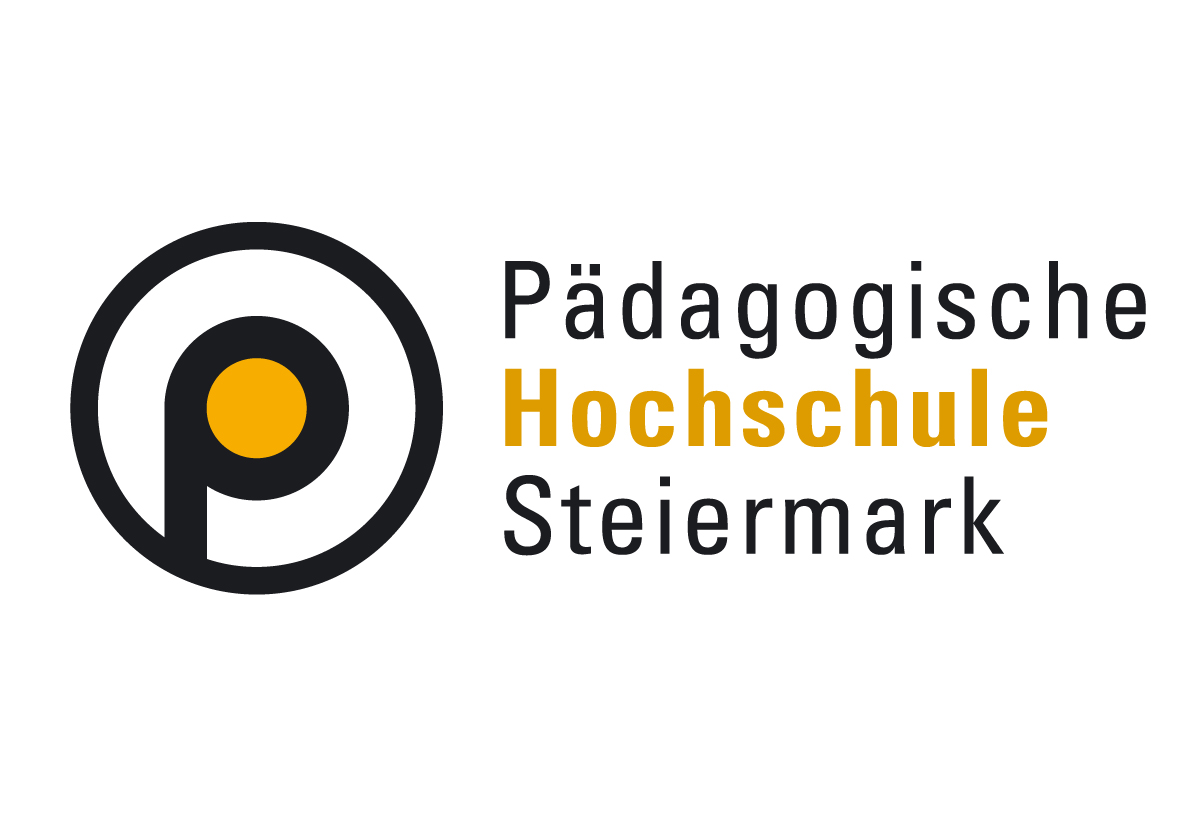
University College of Teacher Education Styria
Graz
